-
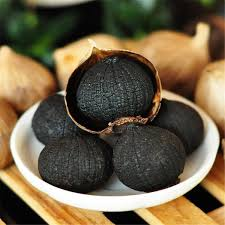
Black Garlic
-
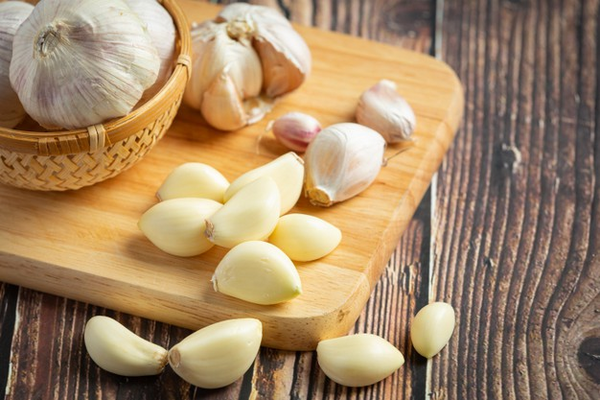
Garlic
-
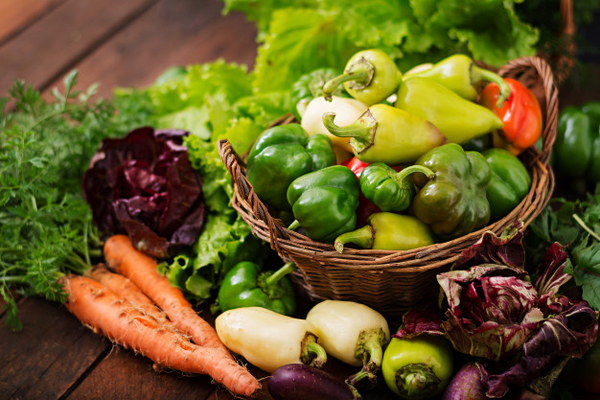
Vitamin B1
-
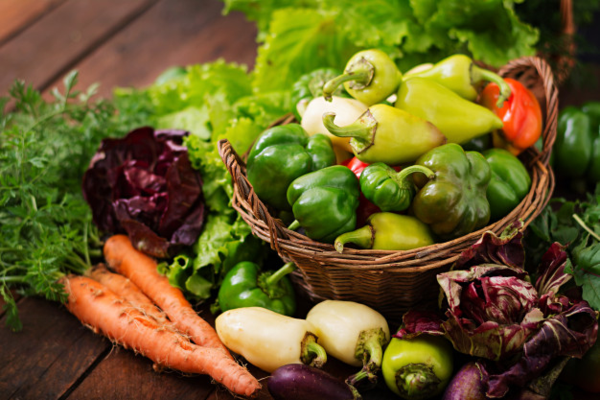
Vitamin B6
-

Vitamin B12
-

Iron
-
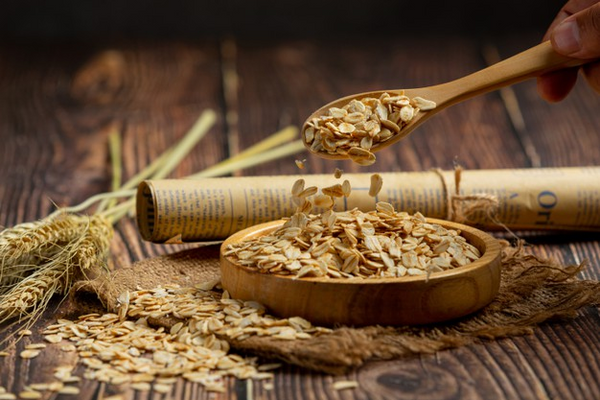
Magnesium
-
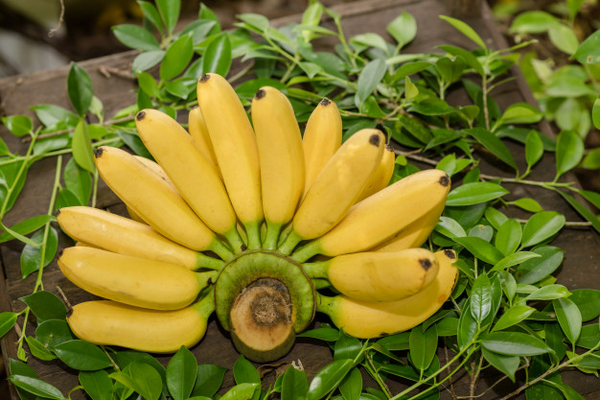
Potassium
-
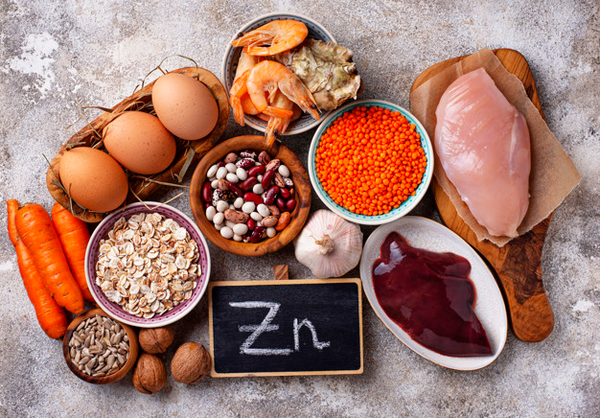
Zinc
-
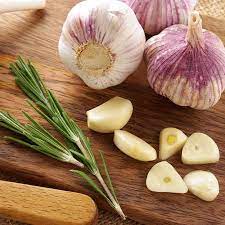
Allicin
-
Black Garlic
Black Garlic is aged, fermented garlic that has been used for thousands of years across Asia. The fermentation process releases a wide range of up to twice as many as in fresh garlic. We use Japanese garlic that has been grown to our strict standards,. The freshly picked garlic bulbs are fermented for up to 30 days, allowing a complex series of chemical changes to occur. The fermentation process is carefully controlled at every step to release a wide range of polyphenols, flavonoids and other micronutrients. This creates Black Garlic which contains up to twice as many antioxidants as fresh garlic. Antioxidants help to protect our cells from free radicals – these are small unstable molecules that can damage our DNA and cells. When there aren’t enough antioxidants in our body, our cells can enter a state of oxidative stress. Over time, this stress can contribute to premature aging, diabetes, inflammatory bowel disease and other serious problems. According to a recent study, supplementing a diet with black garlic could decrease oxidative stress and diabetes complications. Kwai Heartcare+ with Japanese Black Garlic contains an abundance of natural antioxidants to help you live life to the fullest. Our garlic is only harvested when the micronutrient content of the garlic bulbs is at the optimum level for use in our supplements. Each Kwai ® Heartcare + tablets contains 450mg of dried garlic extract standardized to 2700ug of Allicin.
-
Garlic
Garlic has been used for thousands of years as a spice and medicinal plant. Dried garlic powder is a mixture of amino acids, minerals and compounds, which give the garlic its distinctive smell. These compounds are believed to have cardioprotective effects, may lower cholesterol levels and decrease blood sugar levels in some people.
With scientific developments, we’re now beginning to understand exactly how garlic interacts with the body. Dried garlic powder is a mixture of amino acids, minerals and organosulfur compounds (the garlic smell), which are thought to be responsible for many of its health benefits including cardioprotective effects, cholesterol and blood sugar levels.
Kwai® Heartcare is made from garlic, grown using natural fertilizers. The soil and climate are closely controlled, and the bulbs are only picked from May to June. This ensures that every Kwai® Heartcare tablet contains the same active ingredients from year to year. Once picked, the garlic is sliced and dried before being sent to our processing facility. It’s then subjected to a strict quality control procedure. Only then is the garlic given the seal of approval and used in Kwai® Heartcare.
-
Vitamin B1
Vitamin B1, also known as Thiamin, is an essential vitamin that our body needs to function correctly. As our bodies can’t produce this vital vitamin, we need to consume it through our diet. Vitamin B1, is found in foods such as whole grains and vegetables as well in meats and fish. Vitamin B1 helps the body's cells converted carbohydrates into energy. The main role of carbohydrates is to provide energy for the body, especially the brain and nervous system. Vitamin B1 also plays a role in muscle contraction and the conduction of nerve signals. Deficiency in Vitamin B1 can lead to problems with muscle weakness and including cardiovascular symptoms as the heart is a muscular organ Hence Vitamin B1 contributes to normal heart function. Taking a Vitamin B1 supplement can help your heart, muscle and nerve cells work correctly.
-
Vitamin B6
Vitamin B6, known as Pyridoxine, is a water-soluble vitamin and is found in fish, beef liver, other organ meats, starchy vegetables such as potatoes and fruit (other than citrus. Vitamin B6 helps the body to use and store energy from sources such as proteins and carbohydrates. This nutrient is an essential part in over 140 different cellular reactions in your body, and it’s necessary for processes like brain development, transporting oxygen through your bloodstream and maintaining a healthy nervous and immune system. Vitamin B6 may help in reducing the risk of heart disease, by maintaining normal amounts of homocysteine, one of 21 amino acids in our body. High levels of homocysteine in our bloodstream can lead to heart problems.
-
Vitamin B12
Vitamin B12, known as Cobalamin, is also a water-soluble vitamin and is found in red meat, fish, eggs, dairy products and yeast. Vitamin B12 helps keep the body’s nerve and blood cells healthy and helps make DNA, the genetic material in all cells. Vitamin B12 (often linked with folate (folic acid)) also helps to prevent a particular type of anaemia which makes people tired and weak. Vitamin B12 has also been linked in decreasing blood homocysteine which is associated with heart disease.
-
Iron
Iron is an essential mineral, which can be found in meat, beans, nuts, dried fruits and wholegrains and most dark-green leafy vegetables. Iron is an crucial component of hundreds of proteins and enzymes that support essential biological functions of our body, such as in the making red blood cells, oxygen transport, energy production, and DNA synthesis. A lack of iron can lead to iron deficiency anaemia.
-
Magnesium
Magnesium is a mineral found in the earth, the sea, plants, animals and most important humans! In fact, 60% of the magnesium in our bodies is in our bones, the remainder is in our muscles. Magnesium is a mineral that helps turn the food we eat into energy, and ensures that the parathyroid glands, which product hormones important for bone health, work normally. Without a good magnesium intake our bodies cannot function correctly or cannot regulate muscle function. The most important muscle in our bodies is the heart, and magnesium helps maintain a healthy rhythm, plus also it helps regulate our blood pressure and production of cholesterol.
-
Potassium
Potassium is mineral found in foods such as spinach, fruit, and potatoes. It is also an electrolyte that helps the body regulate fluids, nerve signals and muscle contractions, and ensures the heart muscle works properly. Some scientific studies have also shown that potassium helps moderate blood pressure and heart rhythm. A human body does not produce potassium, so it’s good to ensure our diets are rich in foods which have potassium or supplementation. Some scientific studies have also shown that potassium helps moderate blood pressure and heart rhythm. A human body does not produce potassium, so it’s good to ensure our diets are rich in foods which have potassium or supplementation.
-
Zinc
Zinc a mineral present in some foods such as meat, shellfish, seeds, nuts and eggs. Zinc is involved in some cellular metabolism, making new cells and enzymes, processing carbohydrate, fat and protein in food, and is a part of protein synthesis and immune function. Additionally, Zinc also effects the heart muscle and if the body is lacking Zinc, it can cause oxidative stress.
-
Allicin
Allicin is an organosulfur compound obtained from garlic, a species in the family Alliaceae. When fresh garlic is chopped or crushed, the enzyme alliinase converts alliin into allicin, which is responsible for the aroma of fresh garlic. The allicin generated is unstable and quickly changes into a series of other sulfur-containing compounds such as diallyl disulfide. Allicin is part of a defense mechanism against attacks by pests on the garlic plant. Allicin is an oily, slightly yellow liquid that gives garlic its unique odor. It is a thioester of sulfenic acid and is also known as allyl thiosulfinate. Its biological activity can be attributed to both its antioxidant activity and its reaction with thiol-containing proteins. Produced in garlic cells, allicin is released upon disruption, producing a potent characteristic scent when garlic is cut or cooked.

I've been orering this product for quite some time and it's the best on the market.

I would recommend this product to anyone. It has no side effects or any after taste.














